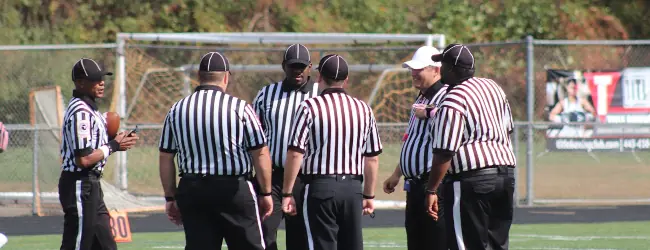Fortunately, I solved my mental problems about four months ago. I began a new life after that.
I gradually began to live my life without judging good or bad. Perhaps that is the way of life of the empathic, creative people who solved the inferiority complex. Today, I will introduce that way of thinking.
How to overcome fears
Sometimes, we want to overcome fears to change our future. Fear is one of the emotions caused by risk. Although it helps us avoid risks, it often prevents us from changing our lives.
People with high empathy and logical sense tend to feel more fear. Our empathy makes us feel that imaginary emotions are real, even if they are imaginary of the future. Our logical sense envisions every risk that could arise in the future. That is why we often want to overcome fear to change our situations.
A life without clarifying what is good or bad could solve the problem. I learned it from a book written by a successful person with empathy and creativity when I was in university.

Perhaps we often cannot understand its meaning because we believe judging good or bad is necessary for everything in our lives. There are many misfortunes, and we have to avoid them. We need to prepare for them or be ruined soon. That may be the usual impression of life without judging good or bad. I also used to feel that way.
However, I finally understand what it means. That was the feeling of the empathic, creative people who solved the inferiority complex.
Today, I will talk about that lifestyle and way of thinking. This feeling might allow us to reduce fear and change our futures.
A life without clarifying what is good or bad
Avoiding judging whether some events are good or bad allows us to choose a comfortable way of living.
There are two lifestyles in our lives.
- A way of living that clarifies the good or bad: This lifestyle suits those who live in society. Good or bad is useful in social activities.
- A way of living without being clear about what is good or bad: This lifestyle suits those who live away from society. We judge based on whether it suits us or not, instead of good or bad.

If we have a personality that prefers to live quietly in the countryside, the latter would suit us.
An example of an amusement park
Let me explain it with an example of an amusement park.
Imagine that we are in an amusement park, like Disneyland. We are visiting there for the first time. There are many amusements, such as musicals, parades, roller coasters, games, and restaurants. Those amusements are neither good nor bad. We can enjoy them freely to our liking.
However, there are other people. Many people might be lining up for the roller coaster. At noon, there may be a line at the restaurants.

Those social biases create good and bad. Some might say, “It is terrible that we cannot ride a roller coaster!” Some might say, “If we cannot eat at a restaurant, it is bad!” Some might say, “It is unforgivable that I have to stand at the end of the line; I am a victim!”
They complain because they are doing it the same way as everyone else. They try to ride the roller coaster because many people do so. Likewise, they eat lunch at noon because it is usual.
Bias and an advantage
On the other hand, some people find that there are conditions to gain an advantage. If there is a bias, some places are less crowded than others.
We don’t know what causes happiness in such a situation because we cannot predict the outcome.
For example, even if we delay lunch, we may find that the meal tastes better as much as we are hungry. We might have a fortunate encounter with a major mascot character. Even if we continue to fail, trying various things could be a good memory.

We know that the ratings of many people don’t always work for us because we have a minor nature. We often like strange things that many people are not interested in. In addition, we visited there for the first time. In other words, we don’t know what we have not experienced.
That awareness allows us to prioritize experiences and choose the most comfortable option in that situation. That maximizes our life satisfaction. We can judge based on our favorites.
Just choosing from the current situation
We are living in such a world. Many people like to be clear about whether something is good or bad because they try to live by the same values as everyone else. In other words, they prefer being the same as others to being comfortable.

On the other hand, if we prioritize being comfortable over being the same as others, we can judge freely based on our situations and experiences. We don’t use the sense of good or bad.
Sacrifices are easy to see, but future gains are hard to see
In other words, we are just changing situations while developing our experiences. We explore the unknowns and adapt our lifestyles.
Changing a lifestyle does not mean losing something. Although we need to sacrifice something when we change the environment, we only find value after that. Sacrifices are easy to see, but future gains are hard to predict if we have no experience.
When taking on an inexperienced challenge, it is hard to create a goal other than survival or exploration.

In such a situation, we don’t have to make the following clear: the good or bad of values, the future outcomes, or the superiority and inferiority of means.
We can be humble, even without them. Arrogance is the feeling that we won’t need to change or prepare for the new situation. Humility makes us prepare for the change. People with humility are careful and ready to change.
That awareness reduces fears and naturally directs us toward a way of life that suits us.
Conclusion
That is a life without judging good or bad.
This feeling might allow us to overcome fear and change our futures.
Thank you for reading this article. I hope to see you in the next one.


